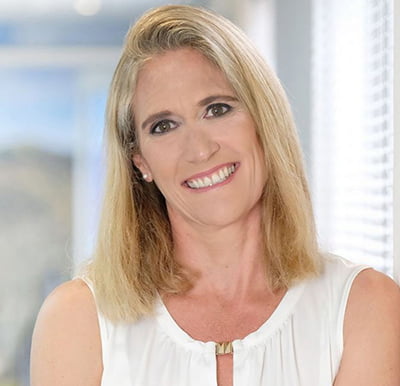The value of sustainable waste management has never been more apparent, as an increasing number of businesses adopt a ‘circular economy’ approach.
The understanding is dawning as to the true value of implementing effective waste management. It is worth noting here that the country generates more than 122 million tons of waste per annum, and at present only around 10% is recycled – meaning that some 90% of it ends up in over-capacitated landfill sites.
“What organisations are now learning – thanks to the pressure from both Environmental, Social and Governance (ESG) and the public at large – is that much of this non-recycled 90% can actually be re-used as alternative resources, when managed effectively,” explains Kate Stubbs, Marketing Director at Interwaste.
She notes that what is needed is to shift from the traditional linear production process – the take-make-dispose model – towards one that aims to reduce all unnecessary waste materials, reduce the consumption of energy and raw materials and, where there is excess, to feed this back into the cycle. This, she says, is the definition of the ‘Circular Economy’ model, where waste created in one industry is re-purposed for use in other areas of industry and the economy, and where disposal is the final option, rather than the immediate go-to.
“Government’s latest priority is the new Extended Producer Responsibility (EPR) rules, which insist that producers of particular products that ultimately produce waste are required to take responsibility for these products after consumer use. By doing this, government ensures that from the inception of production, producers have to consider the total impact of the waste generated from their products.”
She believes that we will increasingly see companies having to demonstrate how the full life cycle of their products fits within the circular model, particularly as more consumers become aware of, and concerned by, the notion of product sustainability.
“This is the crux of the matter for us at Interwaste – providing innovative solutions to such businesses, and through this, helping them to not only address changing legislation, but also to evolve into truly socially conscience corporate citizens.”
The company has a strong track record here already, she continues, having assisted a number of customers in achieving their zero waste to landfill, landfill diversion and recycling goals. From an Interwaste perspective, this is achieved by developing or finding alternative solutions that will allow these enterprises to re-use, re-purpose or recycle their waste streams.
“A great example of the kind of work we do in this space is the Danone ‘One Child One Desk’ initiative, where we were a partner in a project to turn waste into useful materials. In this example, used yoghurt tubs were turned into desks for less fortunate children attending Early Development Centres (EDC). Being a collaborative project, it demonstrated exactly how effective it can be when government, corporate and consumers come together with a specific purpose in mind.”
“Interwaste understands the importance of going green, hence our innovative solutions that are designed to provide the perfect balance for businesses seeking to meet ESG targets, while also being genuinely socially conscious corporate citizens,” she concludes.
